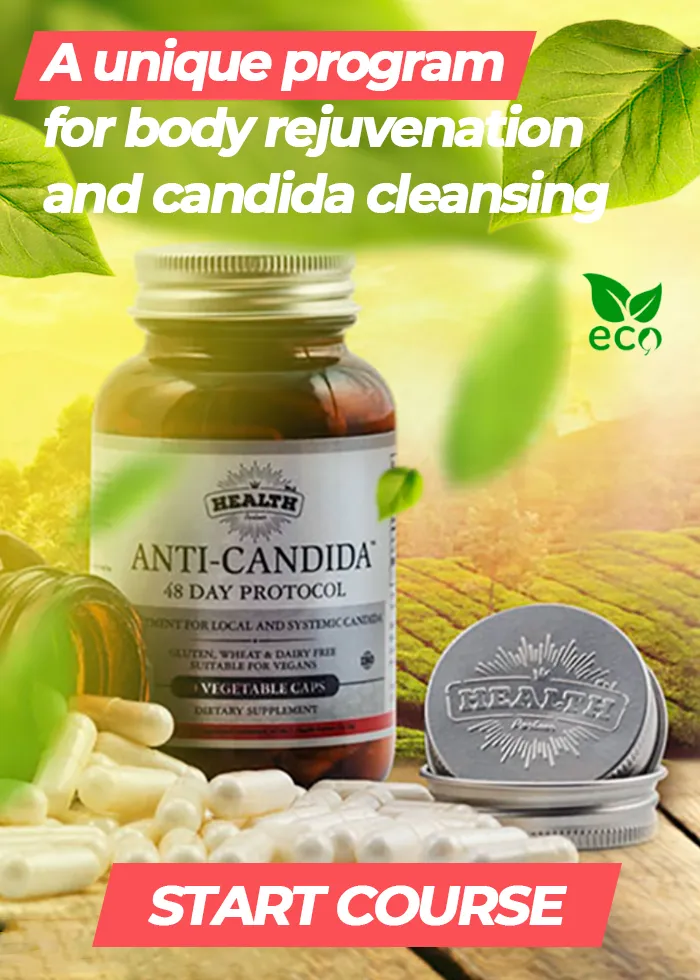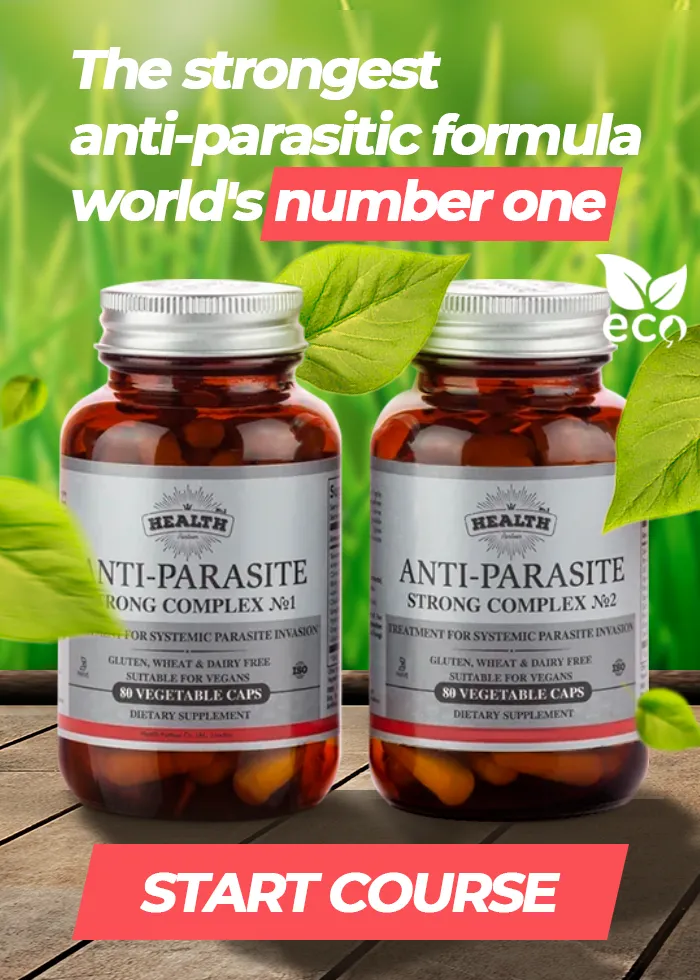Anticandida Probiotics 7 reasons to take probiotics
Anti-Candida protocol: cleansing from fungi and...
Start your cleansing course for fungi and parasites right now! Get rid of int...
Read moreAntifungal products, supplements and additives ...
From this article, you will learn about various supplements and products that...
Read moreThe best antifungal probiotics for the "Anti-Ca...
If you evaluate the probiotic supplements available in the global market toda...
Read moreIntensive preparation protocol for antifungal c...
THERE ARE 2 OPTIONS AVAILABLE FOR COMPLETING THE ANTIFUNGAL PROGRAM: OPTION №...
Read more




